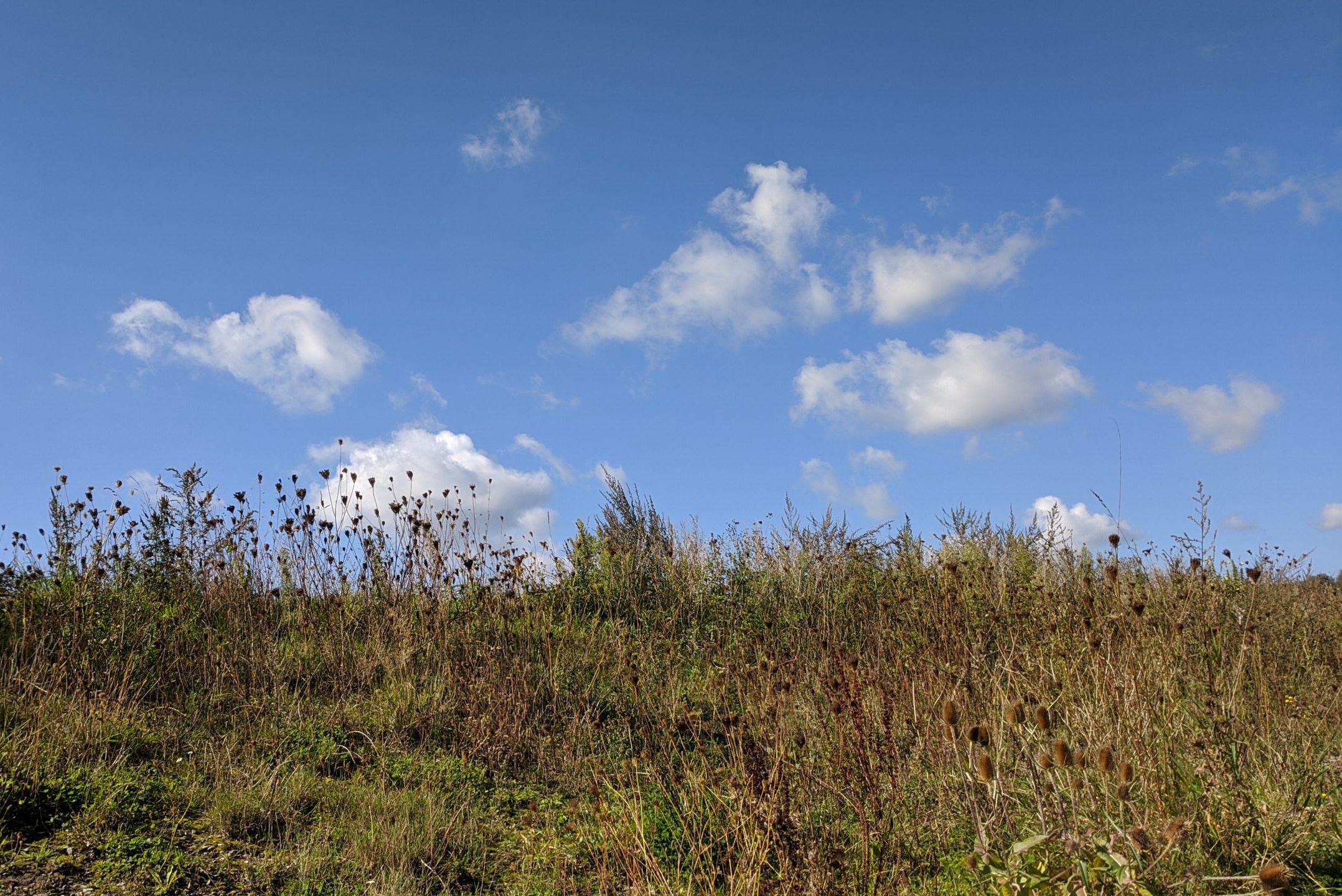Taking regular and appropriately long breaks seems difficult for a lot of people. I rarely see a healthy relationship to taking breaks, often we’ve learned to push harder or needing to earn breaks. Neither are beneficial patterns but for this post I’d rather focus on another, very interesting reason to not take restorative breaks: running away from something. We keep ourselves busy, constantly, to not deal with what arises when we stop.
But before we dive into that, let me get clear on what breaks actually are, or rather how they should be to be restorative for yourself. Breaks should, depending on what you’re doing as work in that moment, allow the parts of your body that you use the most to rest and relax. So for example if you’re doing a lot of cognitive work, a break can look like moving your body, closing your eyes and breathing, chatting with your colleagues / friends, getting yourself some drink or food etc. Something that allows your mind to wander around and release some tension and thoughts from the work. If in contrast we do mental work but our break consists of checking our phone or the news, we are still engaging our mind in this. Our mind doesn’t get the chance to take a break.
So what does that have to do with running away from something? As I mentioned above, real breaks would allow feelings and unrelated thoughts to bubble to our awareness when we loosen the focus of our mind on one single thing (the work). And exactly those feelings and thoughts might be the things we don’t want to deal with.
So, what are we running from? What are we covering up with being busy? What is hidden underneath the surface level? What scares us so much?
Often I find for myself that there’s some uncomfortable feeling that I’m trying to cover up like sadness, loneliness, overwhelm, anger, dissatisfaction, helplessness or other unmet needs. It’s usually not directly related to what I am doing but rather to some other topic that I choose to not look at. Those are the times where breaks would be really helpful to maintain a healthy balance and respect our own limits and needs. Otherwise we end up bottling up all of them and either exploding or breaking down when it’s too much. Which is possible but necessarily a good way.
But, the other way requires courage. Courage to actually face what you don’t want to see. And I know so well that running seems easier at first. Also, there’s usually a fair amount of resistance to stop doing what I wanted to do and to instead deal with this uncomfortable thing – which by the way is a perfectly healthy instinct as a human. But those feelings want to communicate something and if we ignore them they’ll just get louder. Also, they are usually accurate about how they judge a specific situation, though within their limited experience. For me, a lot of emotions point back to previous, similar events in the past, and this is especially true for someone like me who experienced trauma when being younger. I don’t want to go too deep into this right here but this essentially means that the intensity of the emotions might not appropriate to the present situation. But that doesn’t change that they want to be heard or need to be processed. So when I come to realize that I’m running from something I try to consciously pause und assess those emotions, whatever I’m feeling:
- What am I feeling?
- Why am I feeling that way? Can I make out a cause?
- How can I handle this feeling?
The last point is especially important to not leave us feel helpless or overwhelmed with the situation / feelings. If we haven’t learned in the past, we should try to learn now how to handle different emotions, express them etc. That’s really not easy, so ignoring can be tempting, and maybe even the unconscious default for me and some of you. So, handling a feeling can include things like the following but is also highly individual. It’s important that you just try and experiment.
- consciously feeling the feeling in the body, giving it room and accepting it
- journaling about it
- talking to someone about it
- finding an appropriate outlet like movement or creativity
- taking action to tackle the cause of the feeling e.g. setting a boundary, asking for help, meeting an unmet need etc.
Especially for people who learned to suppress / repress their emotions like I did, this can really be a challenge and a long path of learning because we need to rewire those deep, even unconscious and unhealthy patterns that we learned about our emotions and our emotional expression. So please be patient and gentle with yourself.
When and how can you take a real break today?
